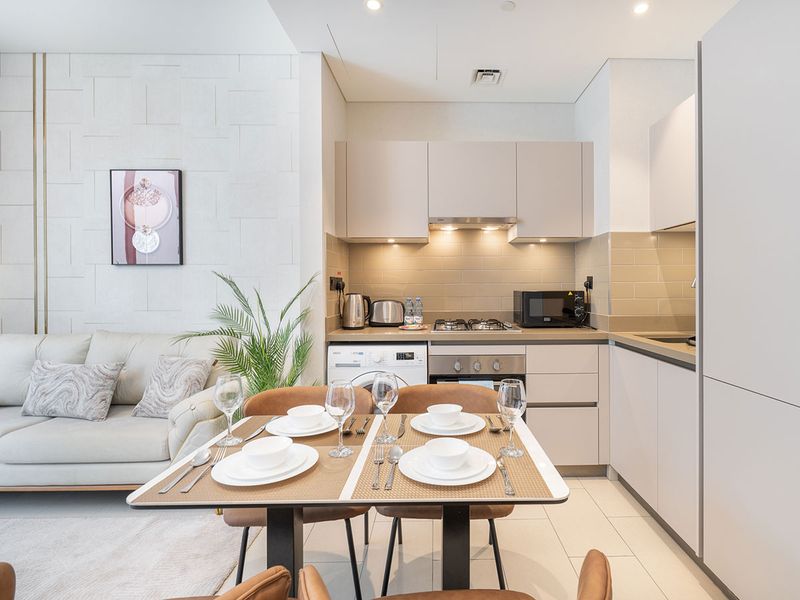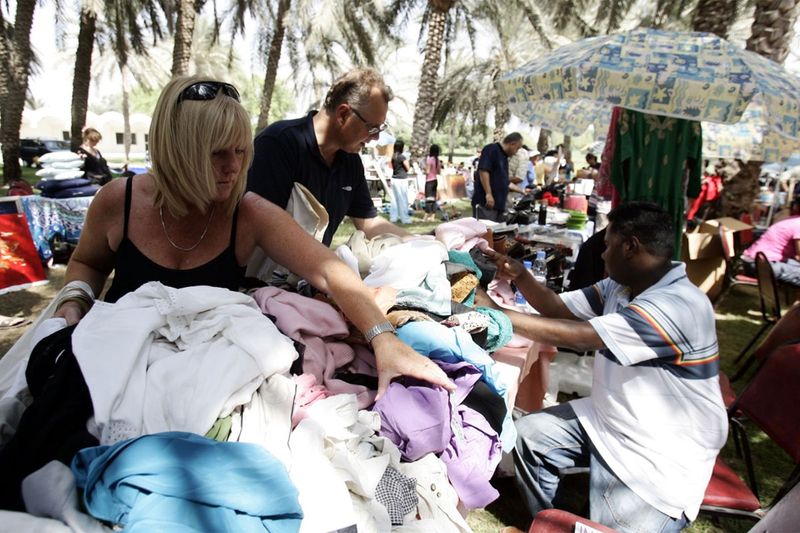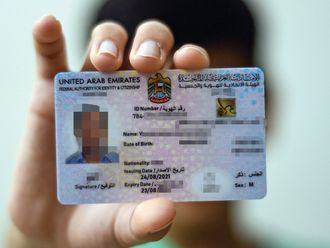
Dubai: Looking to earn a side income but don’t know where to start? Depending on your personal interests and professional skills there are different ways in which you can supplement your income in the UAE.
It is important to remember that whenever you do venture into a side business or job, there are rules and regulations that you would need to be aware of and follow. For example, while freelancing can be an easy way to use your skills to make money, you need to make sure you have a freelance permit to work legally in the UAE. Similarly, other earning options, too, have their specific set of regulations that you need to be aware of.
Here are nine easy ways in which you can legally earn a side income in the UAE:
1. Take tuition classes

Are you passionate about teaching? Well, now, you can take private tuition classes after applying for a permit with the Ministry of Human Resources and Emiratisation (MOHRE). On Monday, December 18, the Ministry of Education and MOHRE introduced a new ‘Private Teacher Work Permit’, and the option is available to people from different categories - whether you are a student, someone working in the private sector or currently unemployed.
2. Rent out your apartment when you’re on a holiday

Holiday homes can also be an easy way to earn some income while you are on a vacation.
In Dubai, home owners and tenants can put up their apartments on vacation rental websites by registering their unit as a ‘holiday home’. This allows you to list your residential unit on short-term rental websites like AirBnB.
Ras Al Khaimah’s Tourism Development Authority (RAKTDA) also allow people to put up their homes as a holiday home.
In Dubai, you need to make sure that you have the required permit from Dubai Economy and Tourism (DET) and a No Objection Certificate (NOC) from your larndlord. In Ras Al Khaimah, you will need a permit from RAKTDA.
To find out how much you may be able to make, scanning apps like Airbnb can help.
• NOC from your landlord (if you are a tenant in Dubai.
3. Sublet your apartment
You can also sublet your apartment in Dubai, as long as you are aware of the rules that you need to follow as per the Dubai Tenancy Law (Law No. 33 of 2008 Amending Law No. 26 of 2007 Regulating the Relationship between Landlords and Tenants in the Emirate of Dubai).
Article 18 of the law stipulates that the landlord is obligated to give the tenant the necessary approvals to make any procedure related to the housing, which includes the approval for cases such as subletting and Article 21 stipulates that according to the official documented lease contract, there must be a commitment not to make any changes in the property or renovations without the approval of the lessor.
According to experts who spoke with Gulf News, you can sublet your apartment in Dubai, as long as you follow these rules, you can sublet your apartment.
4. Sell your preloved items at flea markets

Flea markets are held by organisers at popular locations in Dubai, Abu Dhabi and other emirates and usually are a great place to sell off any preloved items that you may no longer be using at home. From household items, home appliances, small furniture, textiles, ceramics and electrical equipment to books, DVDs, clothes and antiques, you can book a stall and sell items from your home.
The UAE also has several boutique stores that allow people to sell their designer items and get a commission on the sales.
5. Be a freelancer

If you have a specialisation that you can use when you have some spare time, how about becoming a freelancer? A freelance permit in the UAE starts from Dh530 per year, and some of the most in-demand skills according to freelancing websites in the UAE are content writing, data entry, logo designing and other graphic designing skills, translations and video editing.
Simply apply for your freelance licence with the economic department in your emirate or a free zone that suits your skills and start looking for jobs and hours that fit your schedule.
6. Get a part-time job

You can also work part-time, as long as you have a part-time work permit and your second job does not require working for more than 20 hours a week.
Workers in the UAE can easily apply for the permit through MOHRE and do not require a No Objection Certificate (NOC) from their employer.
So, if you find yourself with some spare time every day you can look for part-time jobs on online job portals and earn additional income.
7. Work while you are still at school

School students can also work in the UAE if they have a work permit. If you are 15 years old or older, you can apply for a juvenile work permit from MOHRE and get a head start in acquiring work experience as well as make money doing it.
8. Work as a tour guide

If you always find yourself showing people around Dubai when they come to visit the UAE, how about turning it into a paid gig? If you enjoy helping people discover the city, you can apply for a tour guide licence in Dubai from the Department of Economy and Tourism (DET), which will also help you get trained on how to become a professional tour guide.
9. Invest in a savings scheme
If you are unable to take the time out for a side gig, how about saving at least Dh1,000 every month? A new savings programme in the UAE will help you get a second salary, as long as you regularly save a minimum of Dh1,000 every month for a period of three to 10 years. You can choose for how long you wish to make these savings, but it will have to be for at least three years. Once the savings period ends, you can then start getting ‘paid’ every month, as you will receive your base investment amount every month, along with the accumulated profit.
For example, if you save Dh5,000 monthly for 10 years, you could expect to receive Dh7,500 monthly for the subsequent 10 years. Similarly, if you were to save Dh5,000 per month for five years, but choose to redeem within a period of the next three years, you could take home a monthly amount of Dh10,020 for three years.
To know more about the savings scheme, click here.








